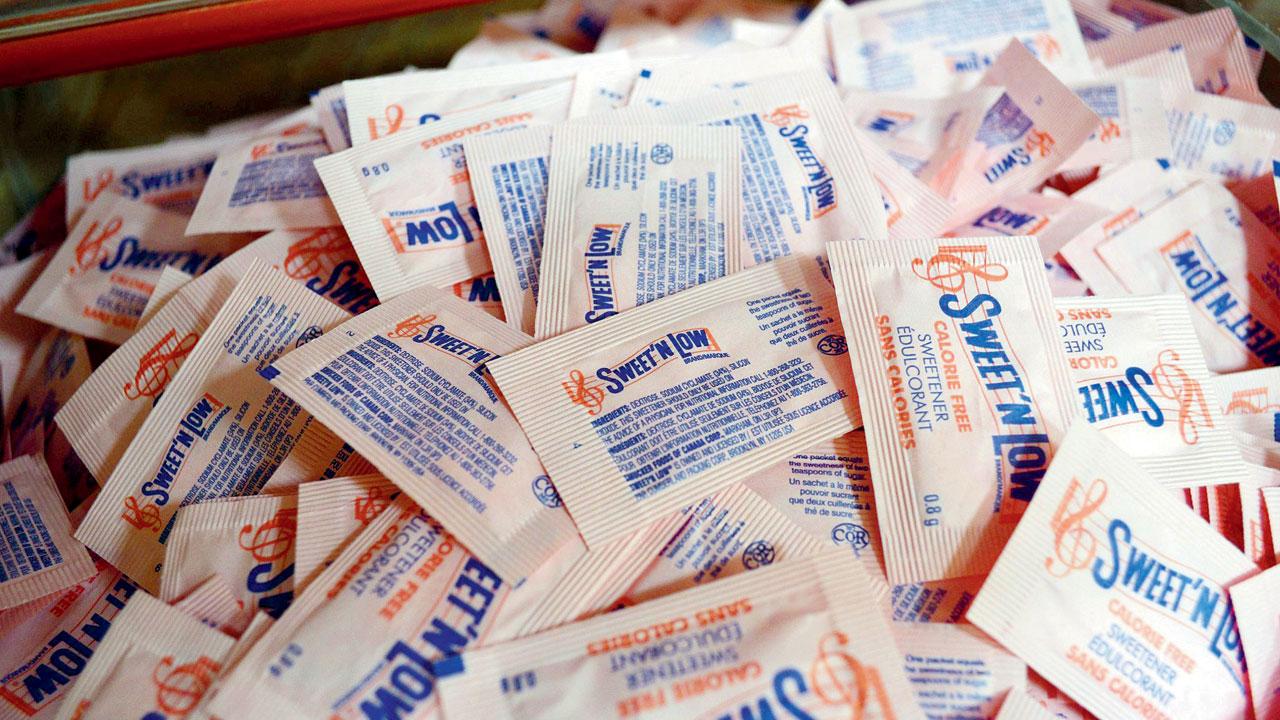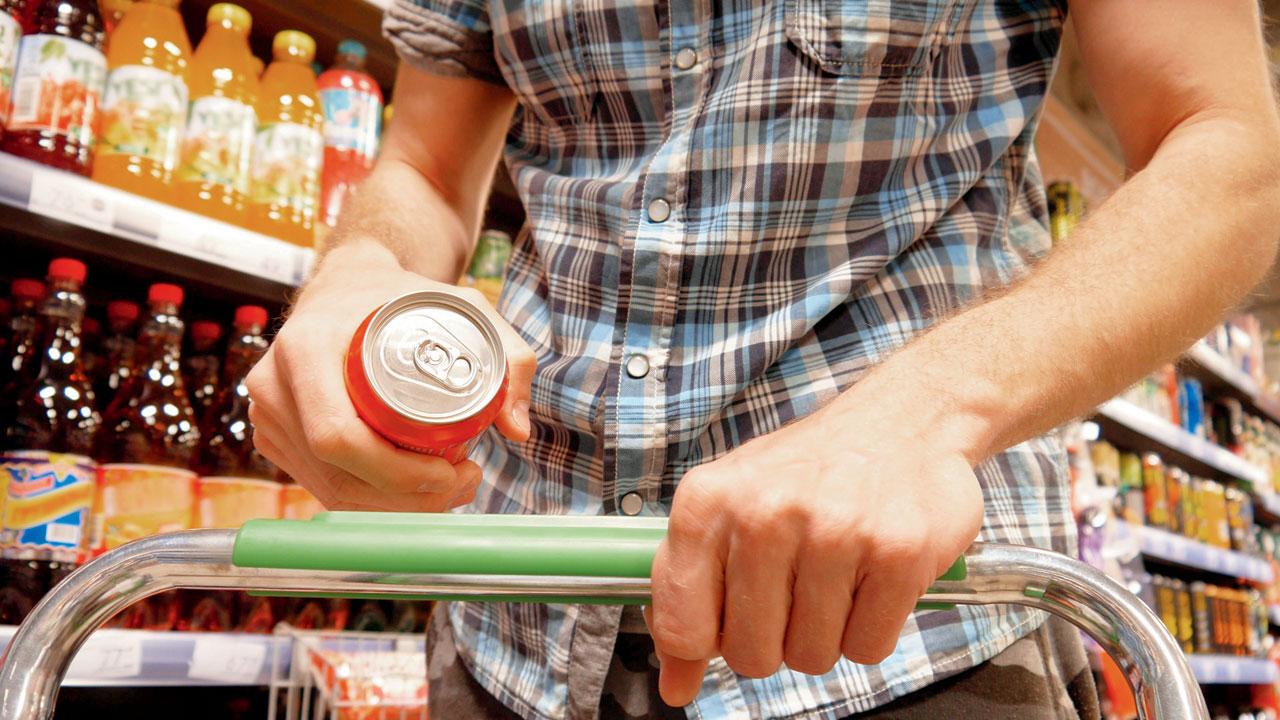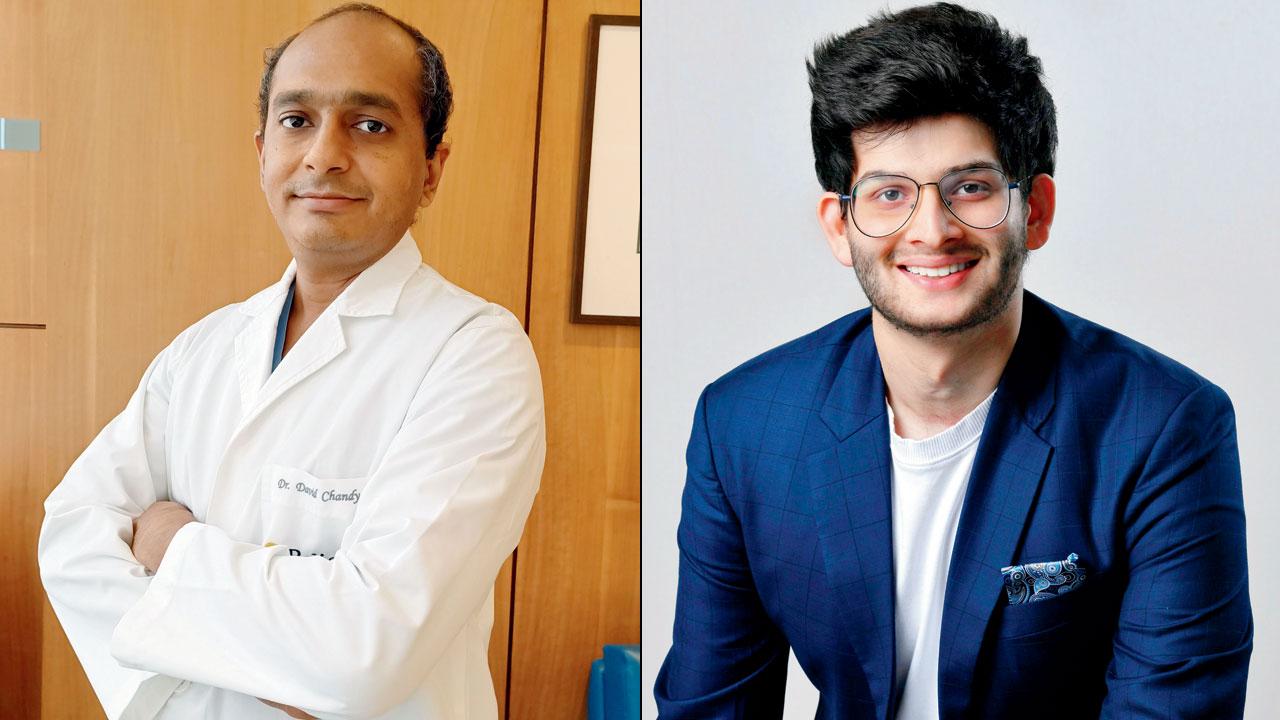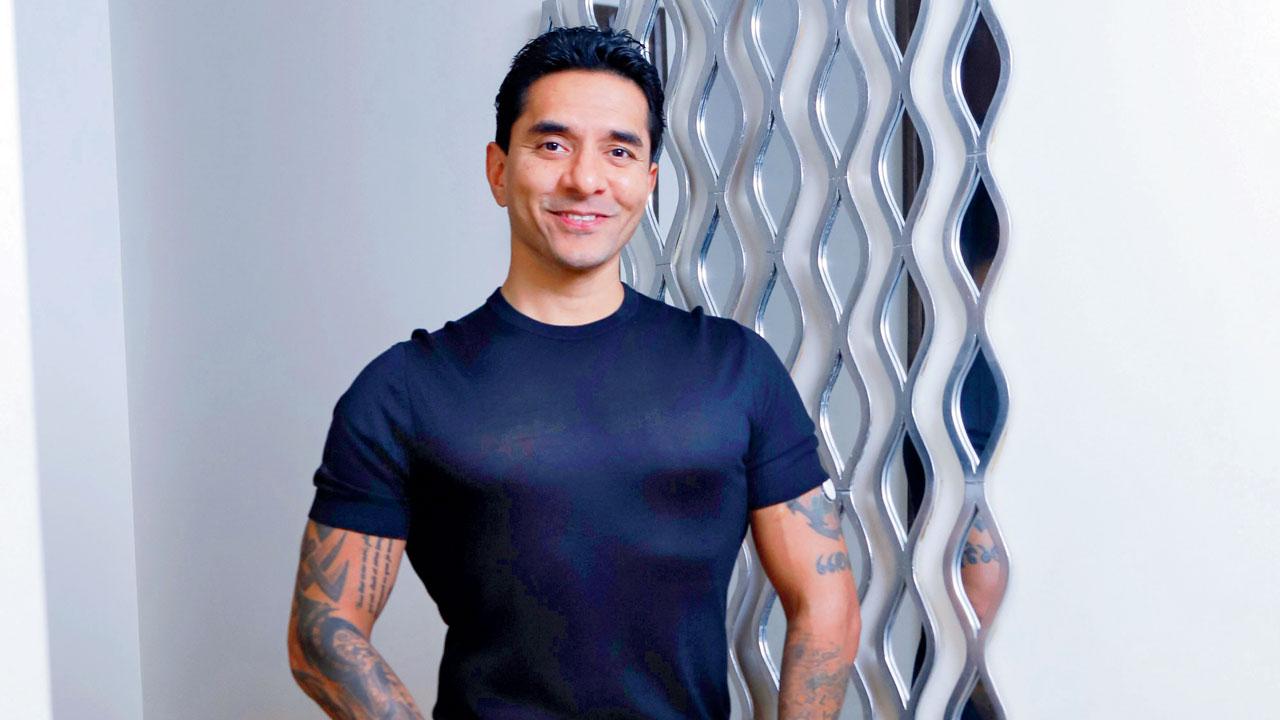Days after a Reuters report claimed that the World Health Organisation is likely to declare aspartame a carcinogen, doctors, and nutritionists weigh in on the detrimental properties of the non-nutritive sweetener

Studies have shown aspartame to be linked to cardiovascular diseases, Alzheimer’s and depression. The new research from WHO now suggests the ingredient, found in artificial sweeteners, might be carcinogenic, too. Representation pic
Touted to be one of the “most studied food additives in the human food supply”, aspartame, once widely considered safe for consumption under restricted amounts, is now likely to be labelled a carcinogen. The artificial sweetener — among the ingredients of several low-calorie foods, drinks and chewing gums — has come under the scrutiny of the International Agency for Research on Cancer (IARC), the cancer research arm of the World Health Organisation, which is likely to declare aspartame “possibly carcinogenic to humans”, later this month.
ADVERTISEMENT

Aspartame is an ingredient in artificial sweeteners as well as sweetened soda. Pic Courtesy/Wikimedia Commons
Hours after the Reuters report hit headlines, medical experts, nutritionists and dieticians jumped in to discuss the developments on social media. While some stuck to the stance that the non-nutritive sweetener was safe to consume in moderate quantities, others discussed the detrimental properties of aspartame, claiming that the writing is on the wall. “I didn’t believe it,” says Dr Siddhant Bhargava, fitness and nutritional scientist, and co-founder of the daily-meal subscription company, Food Darzee. Bhargava, who has used his social media handle to assuage fear associated with aspartame, says, “I’m not trying to demean the person [associated with the research], but the WHO comes out with a lot of hasty stuff. Even during COVID-19, they changed [their stance] so many times that no one believed them. A lot of questions need to be asked — how has this randomly sprung up? Have they been conducting a 20-year-long study whose findings are coming to light only now? Has it been peer-reviewed? It is true that [it’s better] to avoid a substance that has carcinogenic properties, regardless of the amount, but, none of the doctors will be able to provide a definitive answer, because we all simply follow research. The field of nutrition is so ambiguous that it’s tough [to make a claim].”

Among the factors that have been widely questioned since the news hit headlines is the lack of discussion around the quantity of aspartame that can spell trouble for humans. A 1981 report by JECFA (Joint FAO/WHO Expert Committee on Food Additives) stated that an adult weighing 60 kgs would likely need to consume 12 to 36 cans of diet soda daily (depending on the amount of aspartame in each can) to be at risk. “But, how easy is it to keep a tab when you consume sodas, chewing gums and other foods that may have it?” asks Luke Coutinho, integrative lifestyle expert. “You may be watchful of your daily salt intake. But, if you have one meal [at a restaurant], that alone could have four days’ worth of your salt requirement. Similarly, you may not even know if a [food] brand has aspartame in it. Most people won’t realise it [when they are breaching the safe consumption level]. This is a scam by the food lobbies,” he said. Coutinho points out that there have been previous studies on aspartame’s negative impact on the gut. “Aspartame has been known to cause this, apart from ADHD in kids, and fluctuating blood sugar levels. When it comes to consuming artificial sweeteners, people will go from the frying pan to the fire. Have jaggery or sugar, if you absolutely must. But, artificial sweeteners aren’t meant for human consumption. [Aspartame] is linked to the leaky-gut syndrome. Studies have shown that they create inflammation in the gut,” he remarks.

Dr David Chandy and Dr Siddhant Bhargava
Ryan Fernando, nutritionists and health coach, adheres to a simple principle when encouraging his clients to adopt healthy habits. “If something is not found in nature, it will have long-term side effects, even though these side-effects haven’t been discovered yet. From an evolutionary standpoint, whatever is found in nature is always a better option.” Although he has encouraged athletes who have trained under him to keep an arm’s length from artificial sweeteners, Fernando says he understands the views of a medical professional advocating their use.

Luke Coutinho
“For them, it’s a battle between obesity, and the side effects [of sweeteners]. A doctor will [advocate its use] to simply help patients tackle obesity. They know that a patient may not always be compliant when told to give up sugar, so an equivalent of a drug that delivers sweetness without calories, is promoted. For them, the priority is to control insulin [resistance]. But, many of my doctor friends have been switching to stevia, which is a plant-based sweetener,” says Fernando, adding that it is feasible for experts who have the luxury of educating clients over a long-running relationship to guide them on the ill-effects of artificial foods. “But, during a single visit, a patient may simply [ask for a substitute], without which they may want to seek another expert’s advice,” says Fernando, who is more likely to be caught with a can of regular soda than one that has been artificially sweetened.

Ryan Fernando
Dr David Chandy, consultant endocrinology at Sir HN Reliance Foundation Hospital, seconds Fernando’s assertions when stating that plant-based stevia is a “safer alternative”, and also warns against concluding that foods labeled as “unsweetened” are, in fact, healthy. “When it comes to tackling obesity, several factors come into play. Many artificially sweetened foods will have high amounts of fat in the form of creams, or other ingredients. Food items may be sugar-free but can still have a high calorific count. Most studies have not found any benefit of non-nutritive sweeteners. So, it is advisable to have simple, unprocessed foods, instead of sugar-free or sweetened food. Calling a food sugar-free is just a dot in the bigger picture. In simple terms, follow the habits that our grandparents did.”
You Should Know
>> What has happened: The WHO’s cancer research branch, IARC, is likely to list aspartame as “possibly carcinogenic to humans” in July 2023.
>> What is the IARC: The cancer research branch of the World Health Organisation focuses on assessing whether a substance poses a potential risk, regardless of the quantity of the substance that is being consumed.
>> Where does quantity matter: The WHO’s Joint Expert Committee on Food Additives (JECFA) is the committee that is responsible for providing advice on safe consumption levels. Both the IARC and JECFA are expected to evaluate aspartame and announce their findings on July 14.
>> What should you know: As per reports, the findings of the IARC and JECFA are expected to be “complementary”.
 Subscribe today by clicking the link and stay updated with the latest news!" Click here!
Subscribe today by clicking the link and stay updated with the latest news!" Click here!







